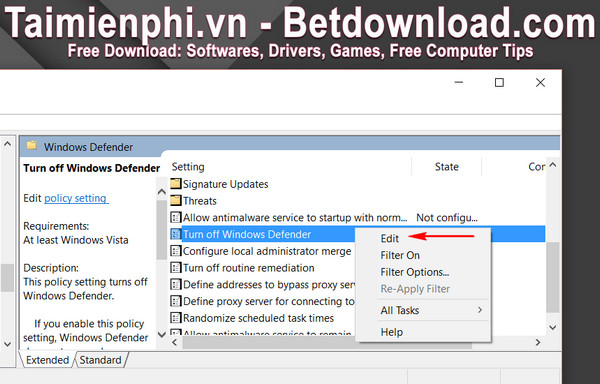
When you first sign into Microsoft Defender on iOS, we'll walk you through a few easy steps that to set up web protection. Open (or scan the QR code below) on your iOS device to go to Microsoft Defender in the Apple App Store and follow the installation steps. To do that on Android, we use the Accessibility Service to read, almost literally, the address from your browser. In order to make sure the site you're going to isn't known to be dangerous, Defender needs to be able to see the address. In order to do that, Defender needs permission to run in the background. You want Microsoft Defender to always watch your back, protecting you from the malicious sites you weren't expecting. Run in the backgroundĪ security tool that only works sometimes isn't nearly as effective. During this process, we'll ask you to give Defender permission to do two things: run in the background and use the Accessibility Service. When you first sign into Microsoft Defender on Android, we'll walk you through a few easy steps that start with setting up web protection. I have no idea if the compiler was somehow compromised, or if Windows Security was just looking out for things made by a specific version of MinGW, but I would note that the version of "Hello World" from the first compiler was 4kb larger than the version from the SourceForge compiler, and likewise the installer was around 6kb larger too.Note: If your device has both a Personal Profile and a Work Profile, then you need to install the app in the Personal Profile.įollow the installation steps on the Play Store page.Īfter installing, sign in with the personal Microsoft account (such as or that is associated with your Microsoft 365 subscription. I removed MinGW completely, and downloaded the version found on SourceForge, and I no longer have the issue. For some reason, the version of MinGW found here, which is where I was directed to from, causes things I compile to be detected as a virus. Here is the code: #include "BearLibTerminal.h"Īnd this is the makefile: gcc -IC:/foo/include -LC:/foo/bin main.c -lBearLibTerminal -o test.exeĮDIT: I seem to have fixed the problem. Does anyone know what could be changed so that Windows doesn't think my program is a virus? I can of course disable Windows Security real-time protection, but this seems like a bad workaround.

Shortly after compilation, whether I attempt to run or not Windows deletes the executable.

"Operation did not complete successfully because the file contains a I'm able to compile the hello world, but when I try to launch, Windows Security gives an error, which reads I'm trying to start a new C project using BearLibTerminal, compiling with gcc.


 0 kommentar(er)
0 kommentar(er)
